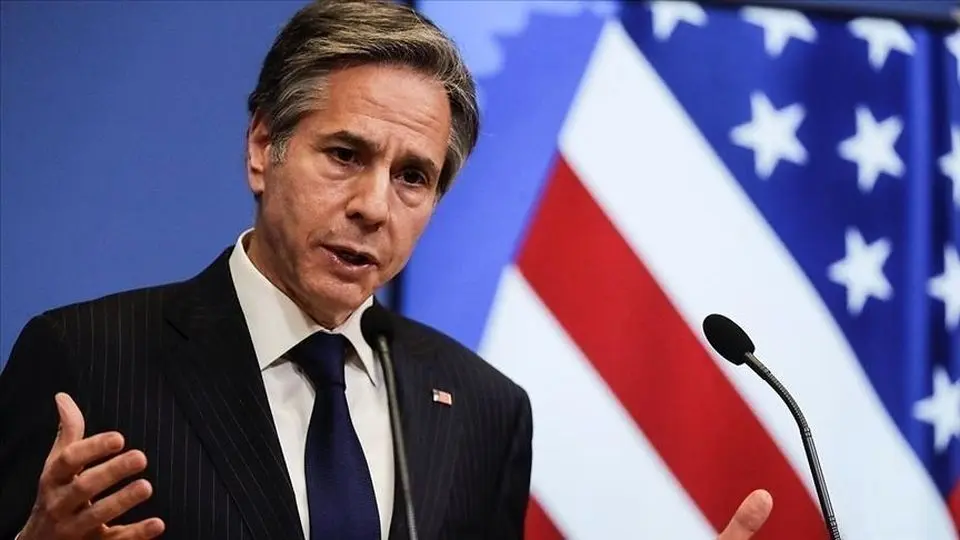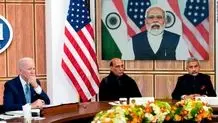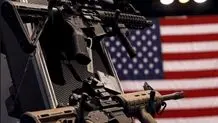Blinken due to meet Zelenskiy in first wartime visit by top US officials to Ukraine
US defence secretary Lloyd Austin will join secretary of state in Sunday’s meeting as Russia continues attacks in south and east Ukraine.

THE GUARDIAN: US defence secretary Lloyd Austin will join secretary of state in Sunday’s meeting as Russia continues attacks in south and east Ukraine.
Kyiv prepared for its first wartime visit from two top US officials as Russia continued its bombardment of Ukraine, including a deadly strike in the port city of Odesa, that all but buried hopes of a truce for Orthodox Easter.
Ukraine’s president, Volodymyr Zelenskiy, said he would meet with the US secretary of state, Antony Blinken, and secretary of defence, Lloyd Austin, in Kyiv on Sunday. The White House declined to comment.
“As soon as we have [more weapons], as soon as there are enough of them, believe me, we will immediately retake this or that territory, which is temporarily occupied,” Zelenskiy said.
It would be the first high-level US trip to Kyiv since the war began 24 February. The visit by Blinken and Austin will come at a symbolic moment – on the day the war enters its third month – and with fierce battles continuing in the country’s east.
It also comes as the situation in the shattered port city of Mariupol remains bleak. The latest of many attempts to evacuate civilians failed on Saturday, and the situation facing an embattled unit of Ukrainian fighters sheltering in tunnels under a sprawling steel mill there appeared increasingly desperate.
A video emerged from inside the besieged Azovstal steel factory in Mariupol showing women and children who say they are “running out of strength” and need to be urgently evacuated to Ukrainian-controlled territory. In the video, an unnamed woman says she has spent 50 days underground, since 25 February, the second day of Vladimir Putin’s invasion of Ukraine. Others say they took refuge in the plant in early March, as Russian forces pounded their apartments with artillery and airstrikes.
The Ukrainian government has been trying to establish a humanitarian corridor that would allow civilians inside the plant to safely exit. The sprawling factory is a base for Ukraine’s Azov battalion, a part of the national guard, which shot the video.
On Saturday, fighting continued across the country. Ukrainian authorities said that a series of Russian TU-95 missiles fired from the Caspian Sea killed at least five people in Odesa, including a three-month-old baby, and wounded 18 others.
The air force’s southern command added that two missiles had also hit residential buildings in the city.
“Five Ukrainians killed and 18 wounded, and those are only the ones that we were able to find,” said the head of Ukraine’s presidential office, Andriy Yermak. ‘‘It is likely that the death toll will be heavy.”
In Saturday’s press conference, Zelenskiy confirmed that a three-month-old baby was among those killed. “They killed a three-month-old baby,” he said. “The war started when this baby was one month old. Can you even imagine what is happening? They are just bastards. Just bastards. I don’t have any other words to use in this context. They are just bastards.”
In Luhansk, eight people died in Russian attacks on Saturday, the region’s governor Serhiy Gaidai wrote in a post on social media.
On another front, near Kherson, a city in the south of Ukraine under Russian military occupation, two Russian generals have been killed while another is in a critical condition, the Ukrainian ministry of defence’s intelligence directorate has said. The Russian generals were allegedly killed after the Ukrainian military hit the command post of Russia’s 49th army near Kherson on Friday, according to the statement.
Ukrainian authorities on Saturday urged those celebrating Orthodox Easter, one of the biggest celebrations in Ukraine, to follow religious services online and respect curfews amid fighting with Russian troops, despite a holiday that usually attracts crowds.
… we have a small favour to ask. Millions are turning to the Guardian for open, independent, quality news every day, and readers in 180 countries around the world now support us financially.
We believe everyone deserves access to information that’s grounded in science and truth, and analysis rooted in authority and integrity. That’s why we made a different choice: to keep our reporting open for all readers, regardless of where they live or what they can afford to pay. This means more people can be better informed, united, and inspired to take meaningful action.
In these perilous times, a truth-seeking global news organisation like the Guardian is essential. We have no shareholders or billionaire owner, meaning our journalism is free from commercial and political influence – this makes us different. When it’s never been more important, our independence allows us to fearlessly investigate, challenge and expose those in power.




